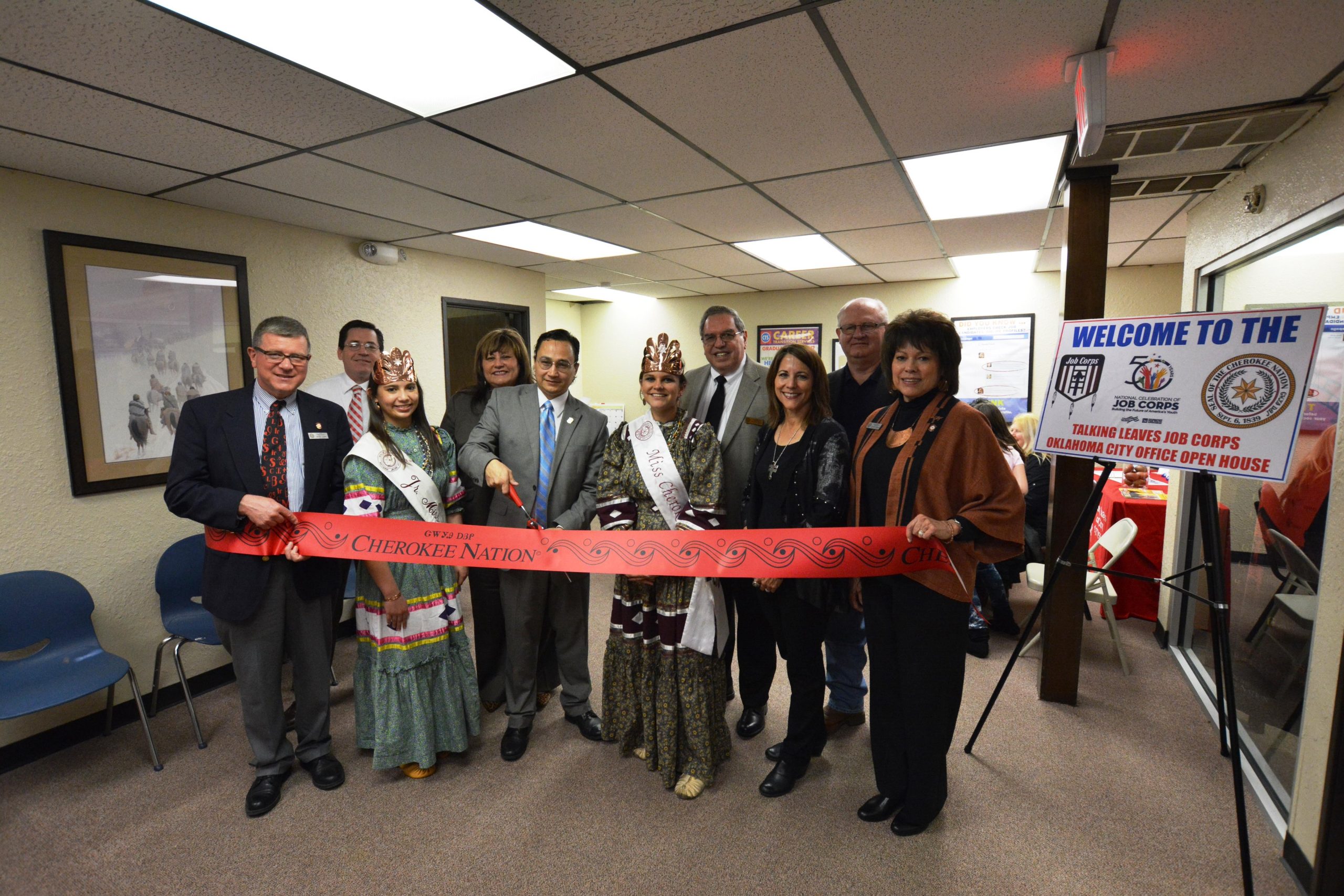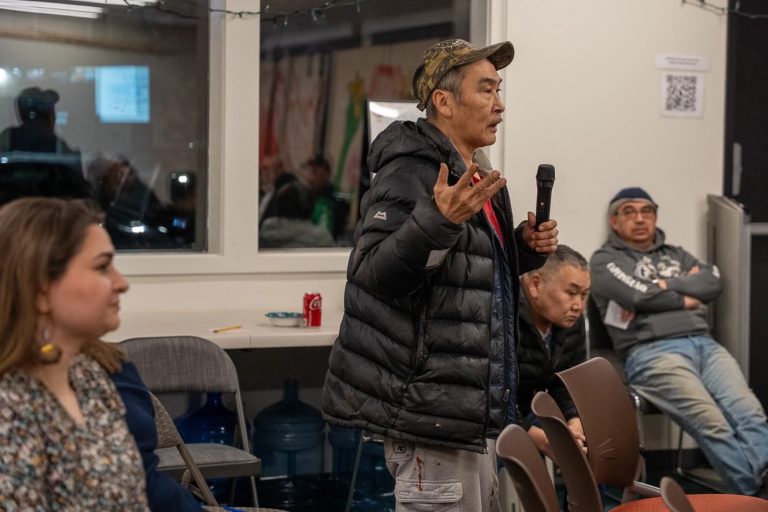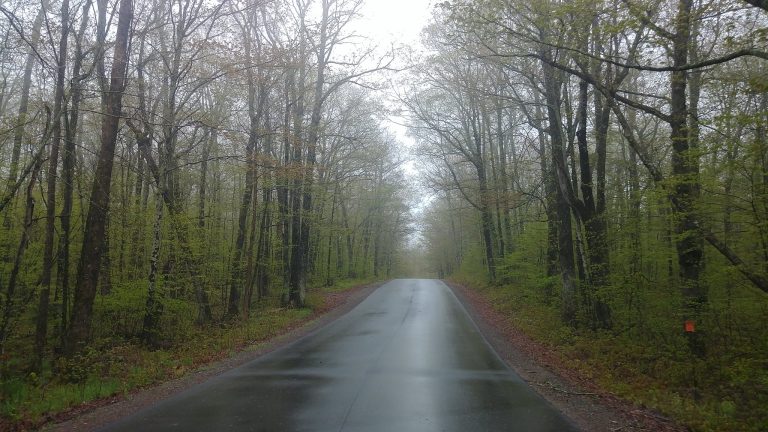Podcast: Play in new window | Download | Embed
Photo courtesy Oglala Lakota College
Pell Grants send thousands of lower-income students to college each year across the country. However, proposed changes could lower that number drastically, often in the communities that need it most like tribes.
South Dakota Public Broadcasting’s C.J. Keene has more.
Proposed Trump administration changes could slash Pell Grant funding by as much as a quarter.
In a tribal setting like the Pine Ridge Reservation, that represents well over 60% of students reliant on Pell Grant support.
Oglala Lakota College president Dawn Frank says it would devastate tribal colleges, and their students, across America.
“These proposed changes are extremely concerning because raising the full-time credit requirements and excluding less than part time students would disproportionately harm (tribal colleges and universities). Part time TCU Pell recipients see substantial increases in certificate and degree completion rates. That’s something we’re looking at that’s across the board for TCUs.”
Frank says TCUs offer nearly a $90-million economic impact to South Dakota alone when accounting for jobs, workforce development, and education.
While contingencies do exist at Oglala Lakota College, Frank is concerned about the worst coming to pass with an associated loss of students.
“Losing that would mean everyone would have to take a step back. If we’re not producing graduates to continue to work in those positions, I could see a lot of hardships. Look at coupling it with financial necessity amid rising inflation, affordable childcare, transportation especially in our rural area. The strain, we said, would almost cripple or close us.”
Frank is calling upon tribal leaders to advocate for their tribal colleges and universities to statewide DC delegations, and specifically asked U.S. Rep. Dusty Johnson (R-SD) and U.S. Sens. John Thune (R-SD) and Mike Rounds (R-SD) to champion the issue.

National Association of Tribal Historic Preservation Officers (NATHPO) Executive Director Valerie Grussing and tribal leaders during a Washington D.C. trip earlier this year. (Courtesy NATHPO / Facebook)
President Donald Trump recently instructed the Interior Department to look into erasing negative references to the nation’s past while embracing the beauty, abundance, and grandeur of the American landscape.
But, as KJZZ’s Gabriel Pietrorazio reports, a Native group worries history will be erased.
President Trump’s executive order from March, which covers more than 500 million acres of land managed by the federal agency, is titled “Restoring Truth and Sanity to American History”.
Valerie Grussing is the executive director of the National Association of Tribal Historic Preservation Officers.
“From a tribal perspective, could say, ‘Great, we’re overdue for a little truth and sanity in American history.’ But of course, they mean the opposite.”
The government is reviewing all monuments and other markers that have been removed, renamed, or altered since 2020 for what it calls a “false reconstruction of American history.”
But Grussing worries this mandate simply means whitewashing the past.
In a statement, the Interior Department said this initiative is not about erasing history, but meant to “free narratives from ideological distortion,” stressing the agency is “committed to presenting a truthful and comprehensive account” — one in which “all Americans are represented fairly and truthfully.”
Any content deemed inappropriate shall be removed within 120 days.

Cherokee Nation leaders and ambassadors and Talking Leaves Job Corps staff hosting open house at new Taling Leaves Job Corps Oklahoma City office in 2016. (Courtesy Cherokee Nation / Facebook)
The leader of the Cherokee Nation in Oklahoma is expressing his concern over the closure of Job Corps Training Centers across the country.
The Cherokee Nation says it was the first tribe to operate a Job Corps in 1978, and the program currently serves around 150 students.
The federal government recently announced it was pausing the Job Corps program, which helps people ages 16-24 with career training.
In a video message on social media this week, Principal Chief Chuck Hoskin, Jr. shared an update, saying the pause is an “outright termination of the program.” He added that he opposes the closure and says the tribe is working to save the program.
“Job Corps is often a career lifeline to students who may be struggling to find a path.”
The tribe is suspending its Job Corps operations and preparing to send residential students home on June 13.
Get National Native News delivered to your inbox daily. Sign up for our daily newsletter today.



